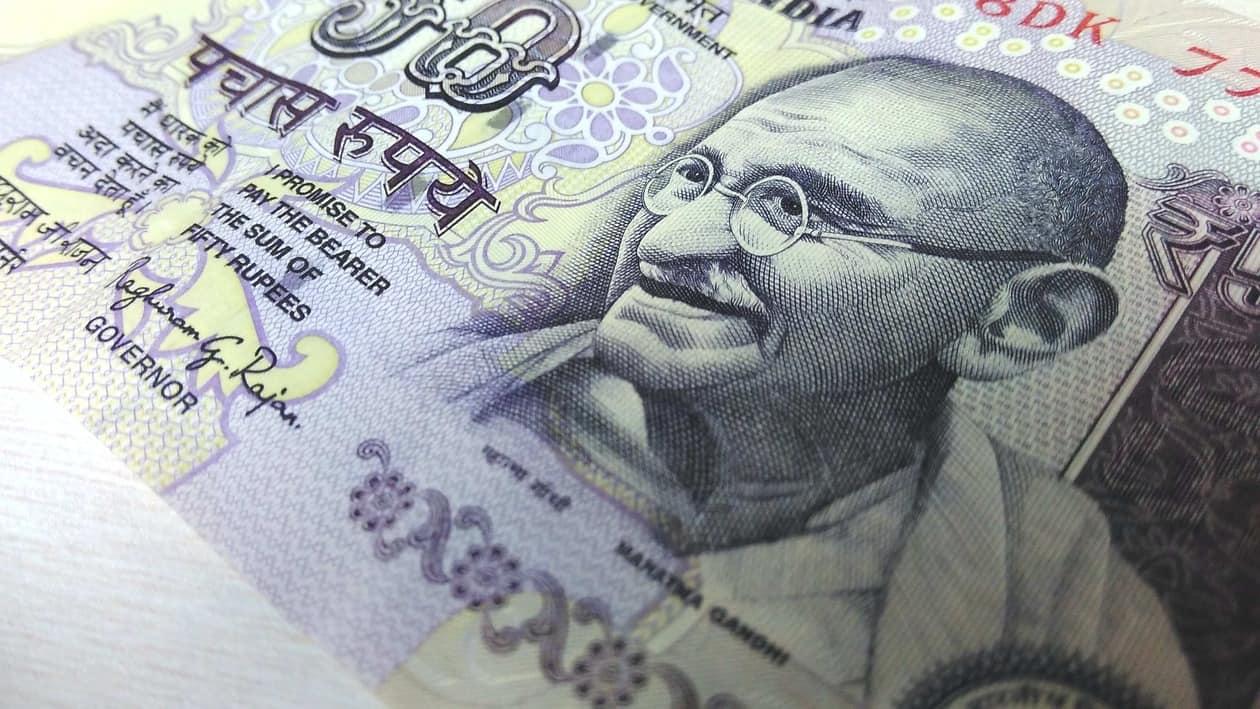(PTI) Finance minister Nirmala Sitharaman on Wednesday announced no tax for those with annual income of up to ₹7 lakh under the new tax regime but made no changes for those who continue in the old regime that provides for tax exemptions and deductions on investments and expenses such as HRA.
In what is being seen as push for salaried class taxpayer to switch to new tax regime where no exemptions on investments is provided, the finance minister in her budget for 2023-24 allowed a standard deduction of ₹50,000 under the new regime.
The old tax regime provides for a similar deduction and no tax on income up to ₹5 lakh.
Also, the basic exemption limit has been raised to ₹3 lakh from ₹2.5 lakh. A ₹2.5 lakh basic exemption limit is prescribed in old tax regime.
The move will lead to a saving of ₹33,800 for those earning up to ₹7 lakh annually and opting for new tax regime. Those with income up to ₹10 lakh would save ₹23,400 and ₹49,400 saving would accrue to those earning up to ₹15 lakh.
For high salary people, Sitharaman also reduced surcharge from 37 per cent to 25 per cent for high net worth individuals with income above ₹2 crore.
This would translate into a saving of around ₹20 lakh for those having a salary income of about ₹5.5 crore.
In her Budget speech, Sitharaman said currently individuals with total income of up to ₹5 lakh do not pay any tax due to rebate.
"It is proposed to increase the rebate for the resident individual under the new regime so that they do not pay tax if their total income is up to ₹7 lakh," Sitharaman said, adding that the number of slabs would be reduced to five.
Under the revamped new tax regime, no tax would be levied for income up to ₹3 lakh. Income between ₹3-6 lakh would be taxed at 5 per cent; ₹6-9 lakh at 10 per cent, ₹9-12 lakh at 15 per cent, ₹12-15 lakh at 20 per cent and income of ₹15 lakh and above will be taxed at 30 per cent.
"I propose to extend the benefit of standard deduction to the new tax regime. Each salaried person with an income of ₹15.5 lakh or more will thus stand to benefit by ₹52,500," Sitharaman said.
Deloitte India Partner Neeru Ahuja said that the tweaks made in the new tax regime clearly indicates that government wants salaried class to shift to the new regime, under which exemptions cannot be claimed.
"Usually salaried individuals save to claim benefit of tax deductions. The tweaks in the new tax regime in Budget are aimed at getting people out of that mindset. The government is indicating that the new tax regime is here to stay and may be the only option going forward," Ahuja said.
The government in Budget 2020-21 brought in an optional income tax regime, under which individuals and Hindu Undivided Families (HUFs) were to be taxed at lower rates if they did not avail specified exemptions and deductions, like house rent allowance (HRA), interest on home loan, investments made under Section 80C, 80D and 80CCD. Under this, total income up to ₹2.5 lakh was tax exempt.
Currently, a 5 per cent tax is levied on total income between ₹2.5 lakh and ₹5 lakh, 10 per cent on ₹5 lakh to ₹7.5 lakh, 15 per cent on ₹7.5 lakh to ₹10 lakh, 20 per cent on ₹10 lakh to ₹12.5 lakh, 25 per cent on ₹12.5 lakh to ₹15 lakh, and 30 per cent on above ₹15 lakh.
The scheme, however, has not gained traction as in several cases it resulted in higher tax burden.
With effect from April 1, these slabs will be modified as per the Budget announcement.
